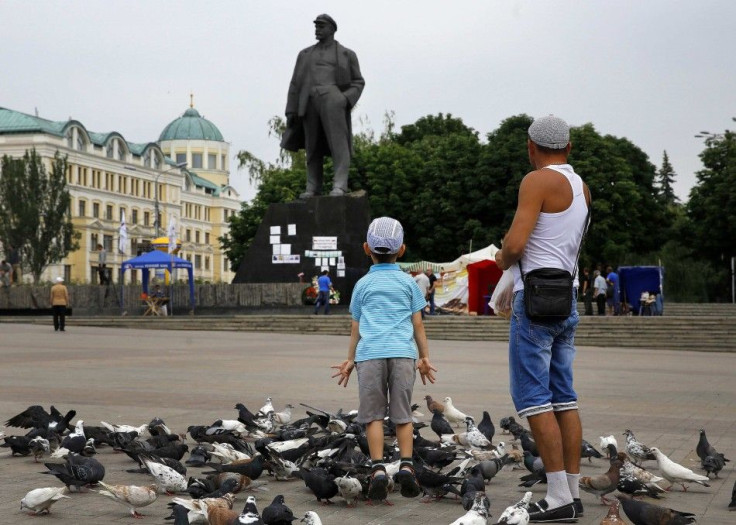Child Behaviour Is Worse When Dads Feel Unsupported -- New Study

At the Annual Conference of the British Psychology Society being held in Liverpool, a study done by Dr. Rachel Latham from the University of Sussex suggested that troublesome behaviour of children in the family was related to the father. When the father was unsupported by his partner, children displayed troublesome behaviour, the study stated.
It was noticed that when parents took keen interest in the child’s upbringing, the child displayed positive behaviour. When parents expressed positive emotions towards each other including the child and appreciated each other’s efforts in co-parenting, the child was seen to benefit the most.
For the study 106 families were taken, and all are parents of pre-schooling children. Both biological parents, whether married or living together, were asked to answer a questionnaire. Researchers conducted telephonic interviews to find out the kind of techniques the parents employed in parenting their child. The rapport between the mother and the father was also observed.
It was found that children displayed erratic behaviour, like breaking toys or acting stubborn, when the father had no or little support from the partner. However, it was noticed that the mother not being supported by the partner did not have a bearing on the child’s behaviour.
Dr. Latham stated that the study results prove that there was a link between the father and the child’s behaviour, but the exact cause behind the exhibition of certain behaviour of the child was not established. She further explained that one reason could be because the mother limits the father from parenting the children.
In the study, the researcher added that the society has clearly defined the role of a mother in parenting but the father’s role is less defined. This, Latham explains, has led to a withdrawal of the father from his parenting duties. It has also led to the mother’s role being less discretionary than the father’s. This way of the society has left fathers feeling less confident and competent in the role of parenting. Due to this, fathers are less likely to be the primary child care giver, she said.
Latham also threw light on the importance of the study. "My results suggest that in the long term, family therapeutic interventions that aim to improve the co-parent relationship may be informed by paying particular attention to how much fathers feel supported by their co-parent," she concluded.
For comments/questions regarding the article, you may email the writer at samrichardson.ibtimes@gmail.com.





















